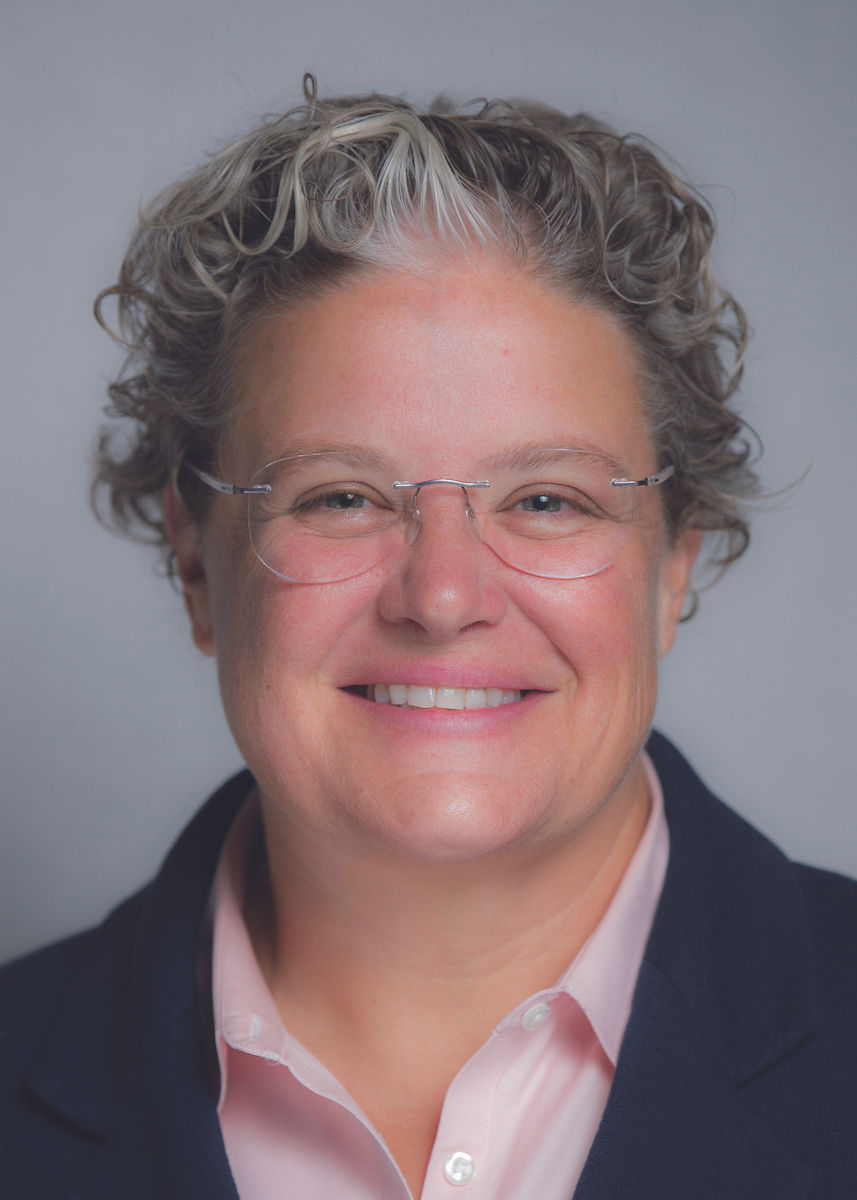We have become a bifurcated industry
- Scott Savacool, CCIM, SIOR, CORFAC International
- Aug 7, 2015
- 3 min read

When news of the DTZ acquisition of Cushman & Wakefield broke a couple months ago, not many of us in the industry were surprised to hear it. And not just because the planned merger had been rumored for months. Rather, consolation in the brokerage services sector of the commercial real estate industry has been going on for years, and it is accelerating toward the creation of a smaller group of very large brokerage companies that offer similar services.
Invariably and based on history, post mergers create movement among the professional staff with brokers departing the newly merged firms (for a variety of reasons) and taking their book of business to other brokerage firms – if they can.
Mergers of this scale often create a recruiting frenzy, with most of the market participants actively engaged in trying to recruit successful brokers to their respective firms and platforms; the brokerage models include other large national companies, branded franchises and networks as well as successful and local independent firms.
In past cycles, mergers of this scale have created newly minted boutique firms with a small group of professionals “breaking away” from the larger firm to form their own brokerage businesses.
I compared notes on the consolidation topic with CORFAC Past Presidents Charles B. King Jr., SIOR and David Prior, SIOR. King is a Principal of King Industrial Realty/CORFAC International in Atlanta, GA while Prior is a Principal of The Klabin Company/CORFAC International in Los Angeles, CA. This was their take on the subject.
King: We have become a bifurcated industry. In the brokerage business, you are either corporate or boutique and local. When I first started as a broker in Atlanta in 1967, all of the real estate companies were local.
Our industry is becoming a handful of really big companies at the Fortune 1000 level and a bunch of smaller ones at the regional level – with very little in between.
Now, if you are a broker with one of the national/international firms, the client is the client of the brokerage house. If you are a broker with an independent firm, the client is your client for life – unless you die, screw up, or the client’s company is sold.
A big multinational isn’t going to hire me anymore than a local small business owner is going to hire them – it’s a mismatch.
Prior: I view the consolidation as an opportunity for people to take a second look at the smaller boutique firms and understand the advantages and differences. Unlike the big firms with multiple service lines, boutique firms like ours have the ability to change directions quickly as market conditions dictate.
Just look at the landscape today versus a couple of years ago, or further back. Ten years ago we had Trammel Crow, Insignia and CBRE -- and now they are one. Two years ago we had Cassidy Turley, DTZ and Cushman -- and now they are about to be one.
This means there are fewer companies to compete with – for listing assignments, tenant rep work and for recruiting the quality brokers themselves. Having fewer competitors translates into more opportunity for quality boutique brokerage firms for local, regional and national assignments.
Savacool is also an Associate with The Sansone Group/CORFAC International in St. Louis, MO, where he specializes in office and retail agency leasing and tenant advisory services. CORFAC International has affiliated firms throughout the Mid-Atlantic region – in NY, NJ, Washington D.C., DE, PA, Maryland and VA.







